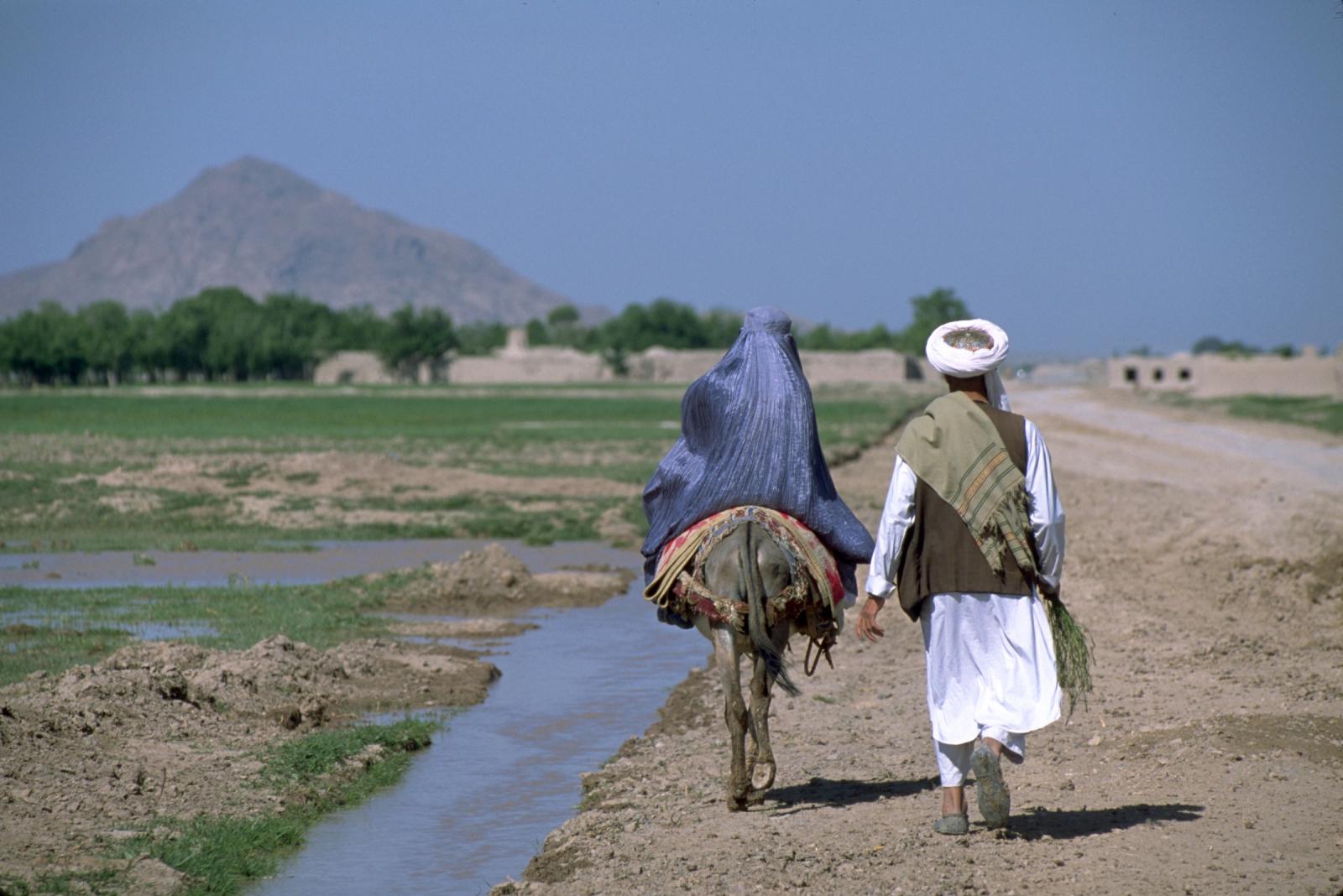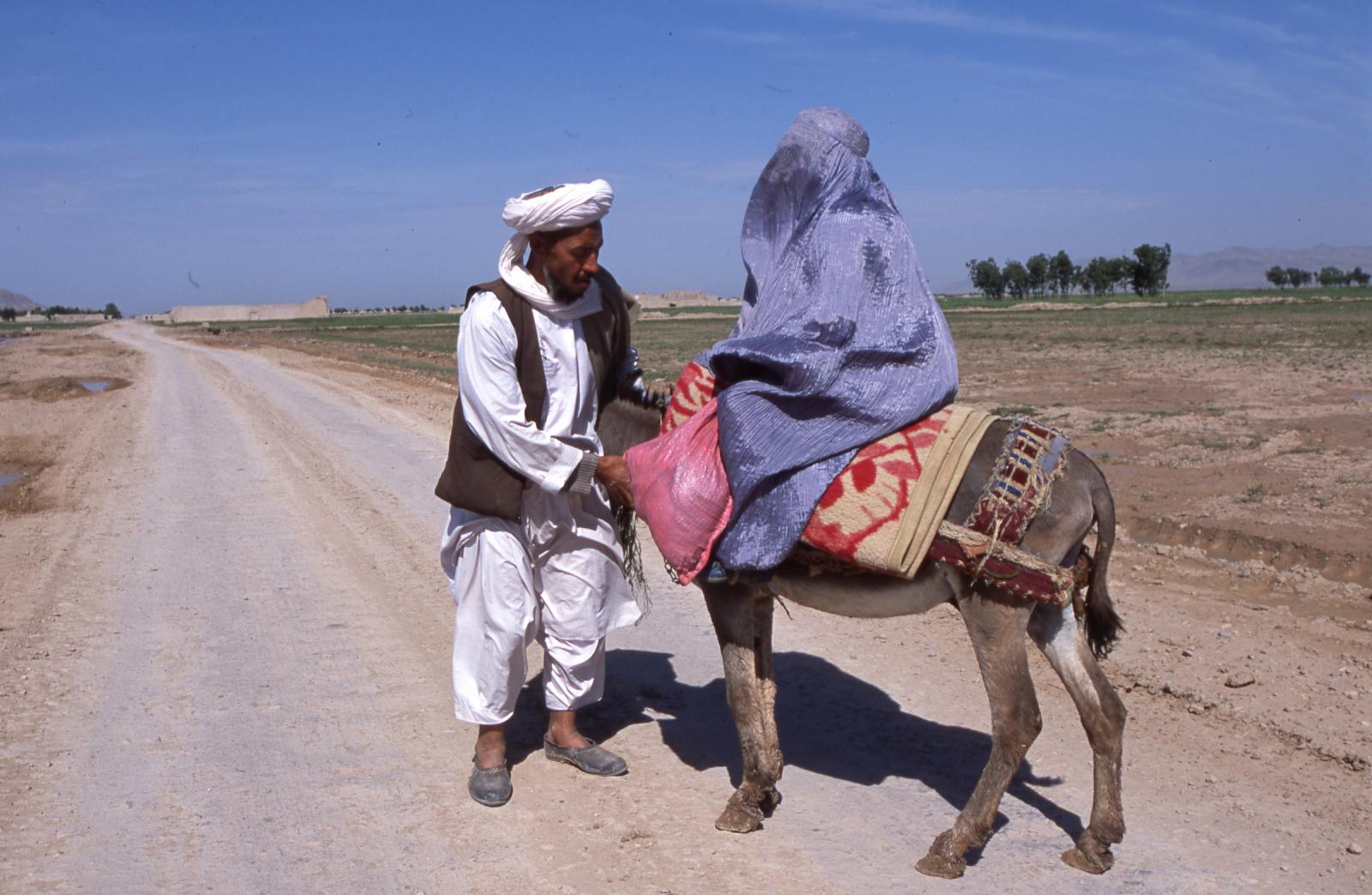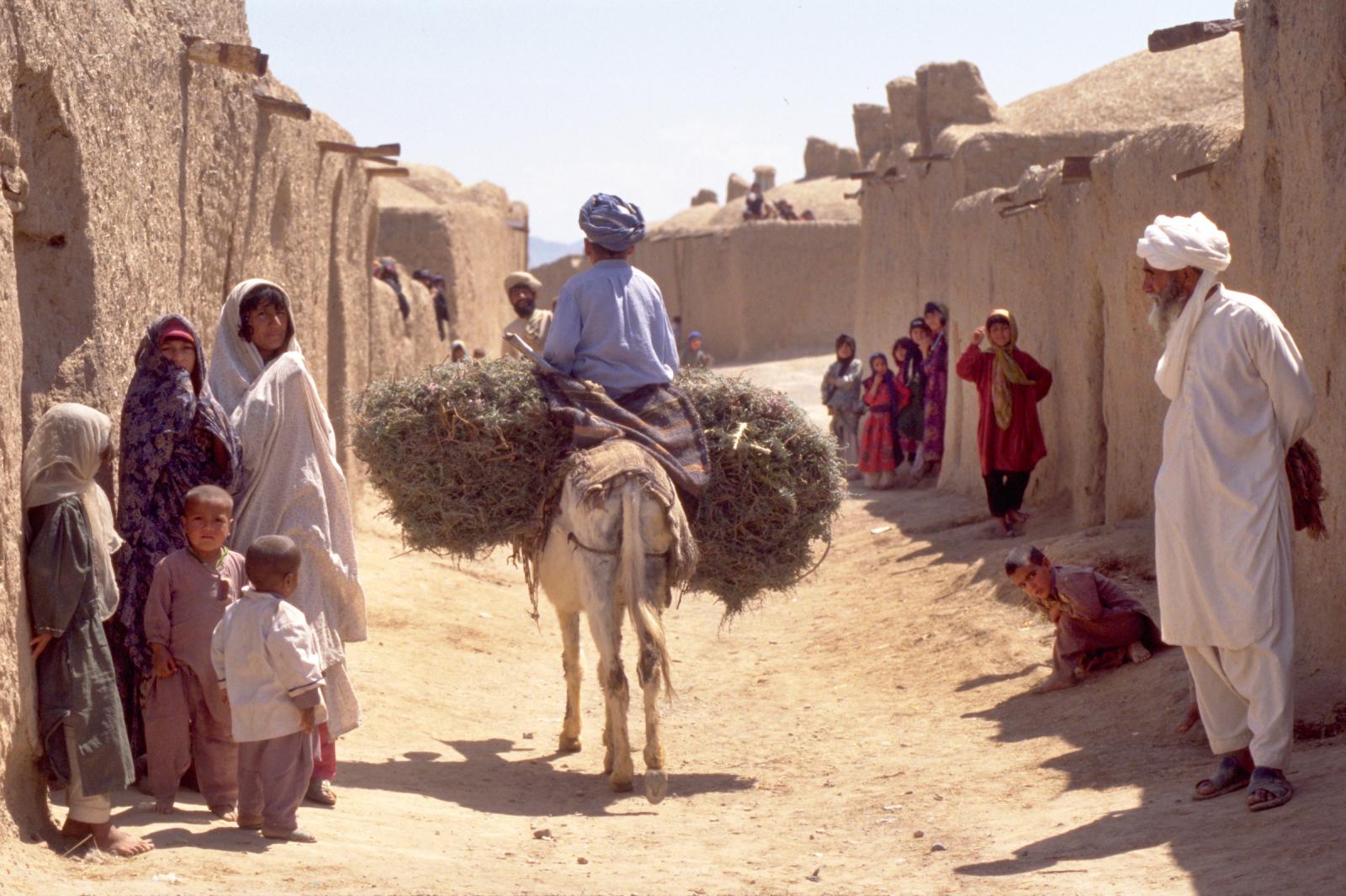Public Story
Afghanistan after the Taliban - 2002.
Let’s remember what Afghanistan looked like after five years of Taliban rule.
When the Taliban took power in 1996, twenty years of continuous warfare had devastated Afghanistan's infrastructure and economy. There was no running water, little electricity, few telephones, functioning roads or regular energy supplies. Basic necessities like water, food, housing and others were in desperately short supply. In addition, the clan and family structure that provided Afghans with a social/economic safety net was also badly damaged. Afghanistan's infant mortality was the highest in the world. A full quarter of all children died before they reached their fifth birthday, a rate several times higher than most other developing countries.
Although they controlled up to 90% of Afghanistan in 1998, the Taliban never brought peace to the country. Religious minorities were persecuted, population removed. Healthcare was non-existent except for some foreign NGOs. The Taliban’s scorched-earth tactics and the ongoing civil war with the northern alliance displaced thousands, swelling the never ending refugee stream of Internally Displaced People (IDPs) cared for by UN agencies in camps throughout the country.
Women were prohibited from working, attending school or leaving home without a male relative. Men were forced to grow beards and wear a cap or turban. Music and other forms of entertainment were banned. Amputation of hands and legs for theft and stoning of adulterer and adulteress were executed. The Taliban meant to deter people from committing crime and, therefore, ordered executions and amputations to be held in public in the sports stadium of Kabul.
The Taliban followed a strict interpretation of Islamic Sharia Law and was highly suspicious of western foreign charities. In the summer of 1998, it announced the closure of all offices of international NGOs and UN agencies, ending their operations in the country henceforth.
By December 2001 the Taliban had lost the war and vanished. The Afghan nation was in desperate need of humanitarian aid, with millions on the brink of starvation.
In April of 2002, I entered Afghanistan with a WHO team to document the health situation in Herat province, western Afghanistan after 6 years of Taliban rule, to assess the needs of a population that lived through 25 years of war.
This is when we landed in Herat.
In Herat, the third largest city in Afghanistan, the main hospital lacked everything, from food to medicine. Doctors and Nurses were few and unpaid. Hundreds of thousands of Internally Displaced People (IDPs) were leaving in camps in the desert, surviving on foreign food aid deliveries, waiting for the wars to end. The Taliban rule had brought more misery on an already miserable population…
The following pictures were taken in Herat province in April 2002.





















































